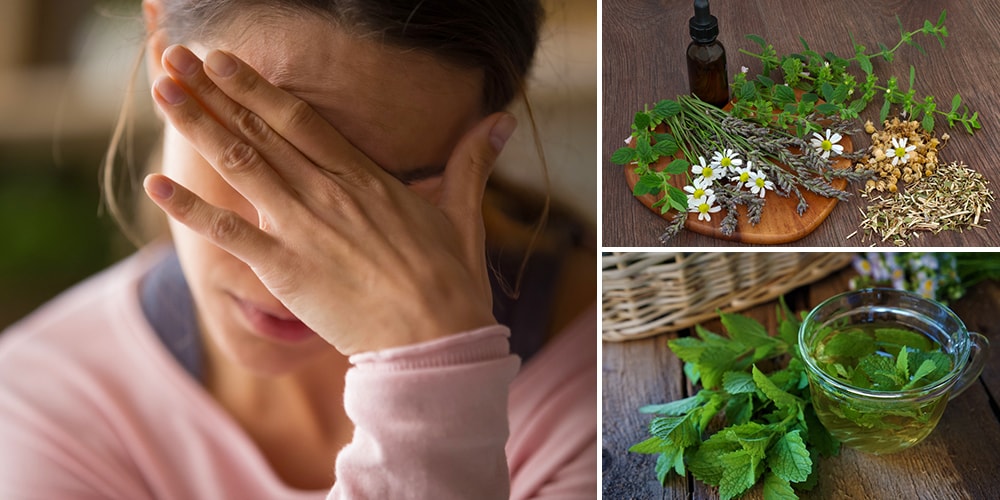
What is Your Anxiety Hiding?
There are many different ways anxiety manifests itself. The emotion is characterized by tension, feelings of panic and fear, restlessness and sweating. When the trigger situation is gone, anxiety begins to feel better.
Anxiety is a normal reaction to stress. And in a somehow good way, it can help you cope with the unpleasant situation by giving you an energy boost. The bad thing about chronic anxiety is that it will silently wreak havoc not only on your mental health but also on your overall health and give rise to other physical illnesses.
The Long-term Effects of Anxiety
It is normal to be anxious in certain circumstances caused by many stressors around us.
But when the condition is pleasant and you still experience pressing fear and worry, then maybe your anxiety has escalated into something.
The consequences of untreated anxiety may affect the nervous, cardiovascular, digestive, respiratory and immune functions.
Heart diseases: Anxiety can cause palpitations and rapid heart rate. It eventually results in high blood pressure and heart disease. It is risky for people with an existing heart condition where anxiety may become a contributor to coronary arrest.
Insomnia, depression and memory loss: A generalized anxiety disorder (GAD) where a person feels he is always on the brink of worry may eventually end up in a state of depression. It will cause sleeplessness and affect cognitive function. People with anxiety may experience memory loss and have difficulty in decision-making.
Gastrointestinal problems: Anxiety can trigger digestive problems with symptoms that range from stomach pain, indigestion, bloating and diarrhea. Irritable bowel syndrome (IBS) may also arise from chronic anxiety.
Chronic pain: The constant distress signal in the brain causes the muscles to contract and tighten. It results in cramping, stiffness and chronic pains that often affect the muscles and joints. Recurring headaches are also common during the period of distress.
Respiratory problems: During an anxiety or panic attack, one would likely feel breathless. The breathing pattern changes and results in the worsening of existing conditions like asthma and COPD.
Weight gain: If you have anxiety, your brain produces a high level of adrenalin and cortisol. This is what propels you to crave comfort foods like sweets which could lead to obesity in the long run.
Compromised immune resistance: If you notice you’re constantly sick, restless and fatigued, that’s maybe because stress has messed up with the immune resistance. The immune system is hard at work to return the body to its normal state when it is stressed. It also leaves the system vulnerable to many diseases that even vaccines and regular flu shots cannot prevent.
How to Overcome Anxiety
Anxiety is diagnosed through psychological evaluation, some physical tests and laboratory exams. Depending on the severity of the condition, doctors may recommend the patient to undergo therapy or prescribe anti-anxiety medicines.
Homeopathic herbal treatment may also help deal with anxiety. However, it is important to note that conventional medicines are not intended to be taken with herbal remedies.
The herbs that are best for anxiety are:
Passionflower: Passiflora incarnata is the most effective herb against anxiety, phobias and other mental-related conditions. It also helps deal with the health problems that arise from anxiety such as respiratory problems and muscle tension. Passionflower is best for insomnia, depression and in easing the blood pressure level to manage cardiac health.
Lemon Balm: Melissa officinalis is the safest anxiolytic or anti-anxiety herb that produces a calming effect on the nervous system. Lemon balm also resolves digestive symptoms by soothing the stomach and curing IBS and other GI problems.
Fennel: Foeniculum vulgare is an aromatic herb excellent for stimulating the nervous system. Drinking fennel tea before bedtime increases the secretion of melatonin to induce sleep. Good quality sleep helps in boosting the metabolism to accelerate weight loss.
Valerian: Valeriana officinalis is a potent nervine used for inducing brain activities. It is an excellent herb against neurological disorders and helps in managing the symptoms related to anxiety. It can lower blood pressure, reduce muscle tension, alleviate fatigue and ease phobias.
Skullcap: Scutellaria lateriflora is used in low doses for treating nervous debility. It has been used for many years for anxiety, nervous tension, spasms and convulsions. This herb is so strong that it is only recommended for low and controlled doses. It is also combined with other mild anxiolytic herbs like lemon balm to balance its effect.
Chamomile: Matricaria chamomilla has a sedative property which makes it a good option for insomnia. Chamomile also helps in calming the nerves to relax the mind and alleviate stress. It is also a good herb for stomach problems and for boosting the immune response.
Lavender: Lavandula angustifolia is used in different ways such as aromatherapy, massage oil, infusion or smudge sticks. No matter its form, lavender is a powerful tonic that can ease anxiety, sleep problems, mood swings and stomach issues. Lavender oil is also effective in muscle and joint stiffness, headache and fatigue.
You can find premium, non-GMO Lavender and Chamomile seeds in the Medicinal Garden Kit.
Licorice: Glycyrrhiza glabra is one of those potent herbs that must not be taken in large doses. It is combined with other herbs to boost their healing effect. Licorice does not only treat chronic anxiety but also supports the cardiovascular and digestive health that may come along with it.
CBD Oil: A cannabinoid extracted from hemp and cannabis, also shows positive effects in the treatment of anxiety. It is different from THC, another type of cannabinoid that produces a kind of high when used. CBD oil can alleviate general anxiety disorder, PTSD and phobias.
However, it should be noted that CBD oil is subject to legal bounds that differ in every country. Please check with your state law before using because you may still need a doctor’s prescription if it is medically legal in your state.
Catnip: Nepeta cataria contains acid compounds that have calming properties. It is used for treating anxiety, nervousness, insomnia and digestive upset that comes along with it. Catnip tea has a similar effect to valerian and may help improve relaxation to prevent the ill effects of anxiety in the body.
Anti-Anxiety Herbal Blend
The combination of these anxiolytic herbs can help calm your nerves and induce a deep sleep. You can have whatever herb is available for a powerful herbal mix that may help ease your worries and fears.
Consume this tea moderately and avoid using it for a prolonged time. It contains licorice that may be harmful to the liver when used for a long period. Check with your doctor before taking the tea, any herbal components may interact with existing medications for various illnesses.
Ingredients:
- 1 tbsp. lavender flower
- 1 tbsp. chamomile flower
- 1 tbsp. passionflower
- 1 tbsp. lemon balm
- 1 tbsp. licorice root
Steps:
- Put all the ingredients in a jar or container and blend them well.

- Take a heaping teaspoon of the blend and put it into a tea diffuser, tea bag or infuser.

- Add 1 cup of boiling water and let steep for 3 to 5 minutes.

To use: Take a cup of this tea before bedtime to encourage anxiety-relief.


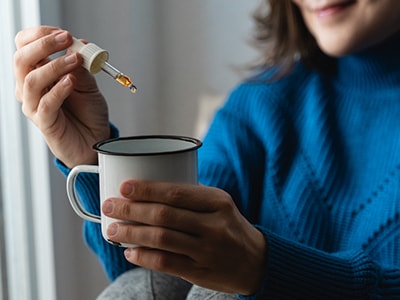
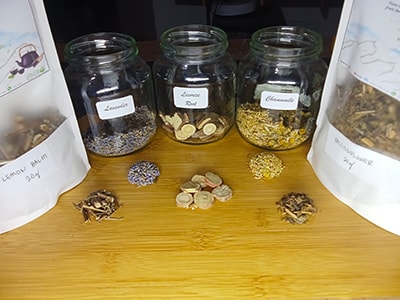
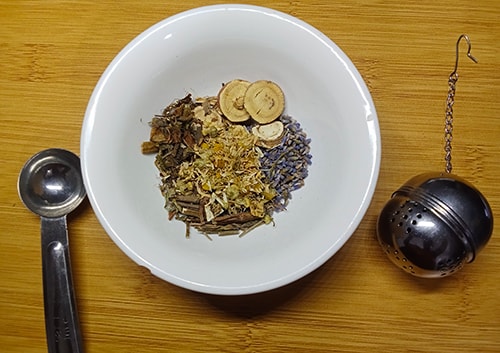
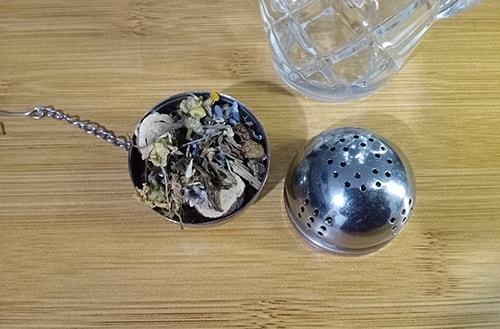
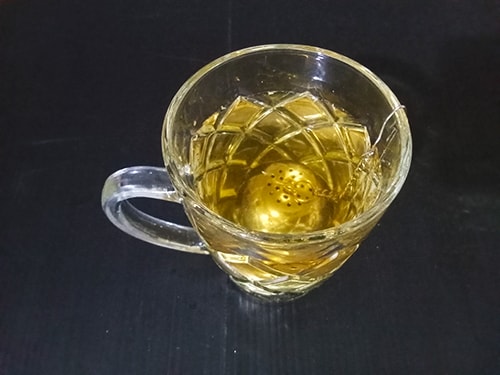
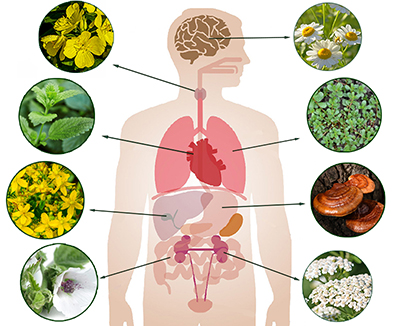
Anxiety can also be caused by high aspartic acid in the body. Looking at blood test results, the AST levels should not be too far off from the ALT levels. If AST is higher, then aspartic acid foods should be cut from the diet. This includes foods such as broccoli, chicken, almonds, apricots, and skins of potatoes. Often times, if a person, especially children love chicken, French fries, and ketchup, and request it all the time, their aspartic acid may be too high. Children, especially boys who have high AST levels, who get the MMR vax are at the highest risk for Asperger’s or Autism!!! A simple blood test before their 15 month shots could save them! Processed foods, could be a huge culprit in people with anxiety as well.
Know what else could save them??? Avoiding those shots.